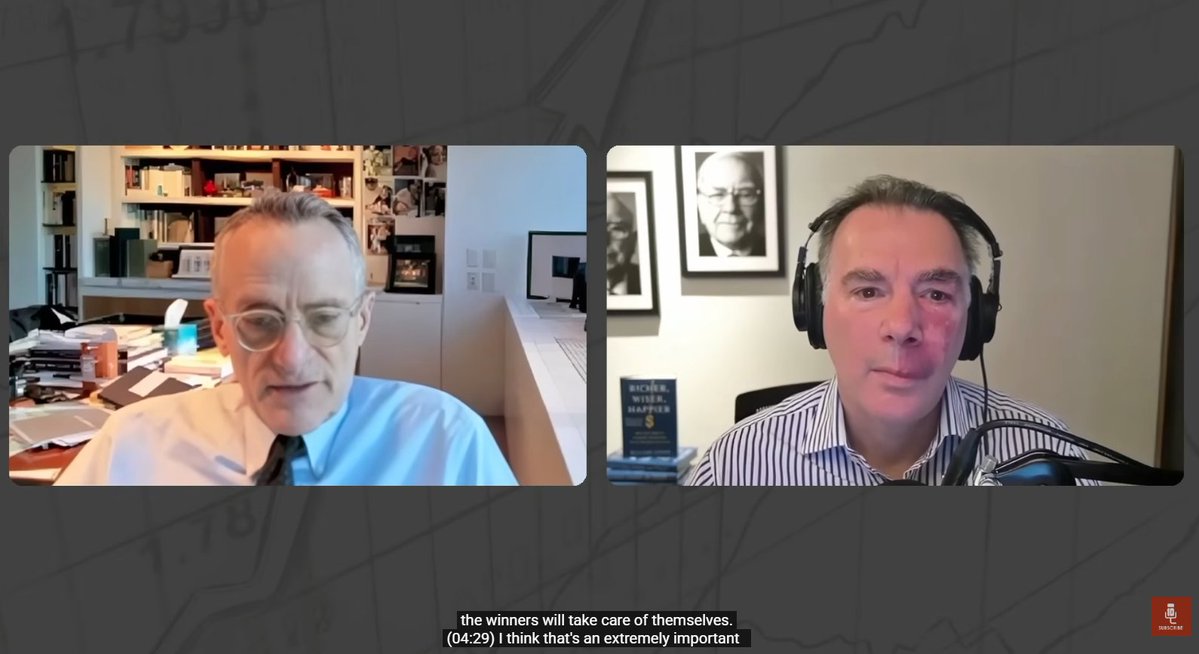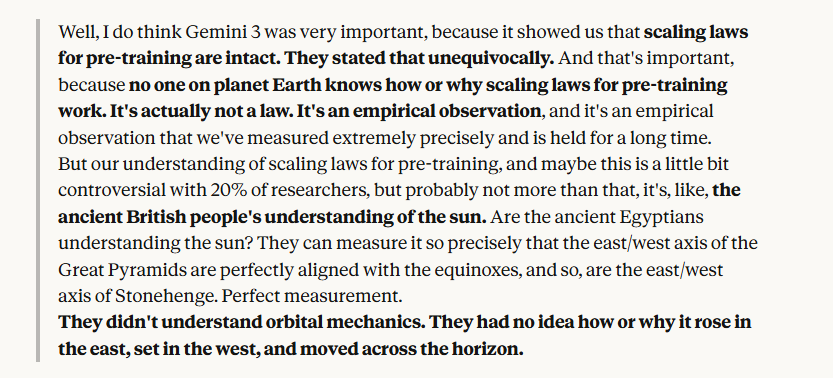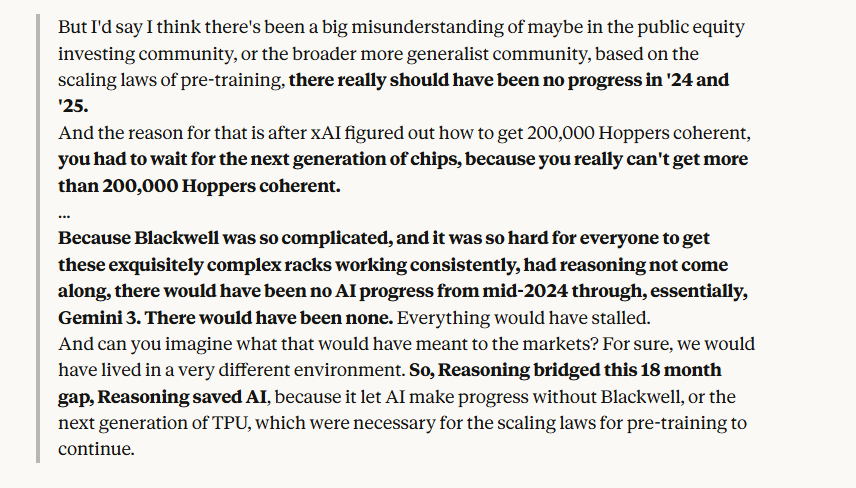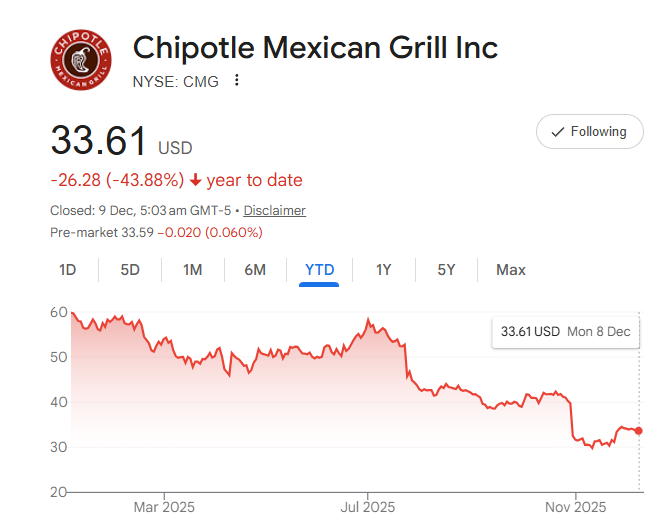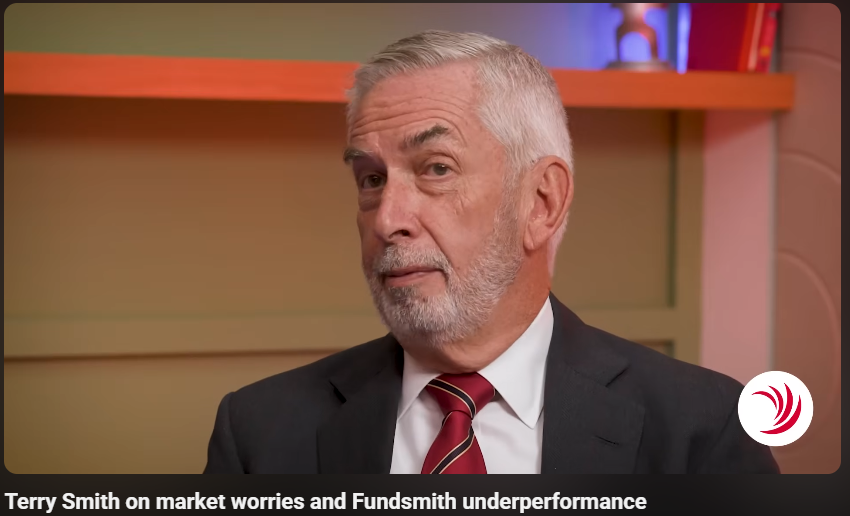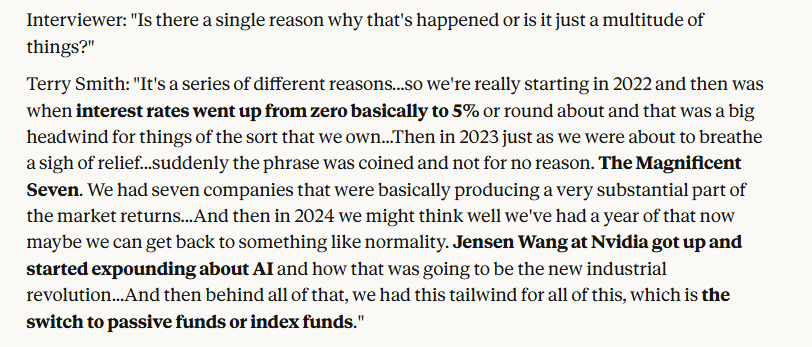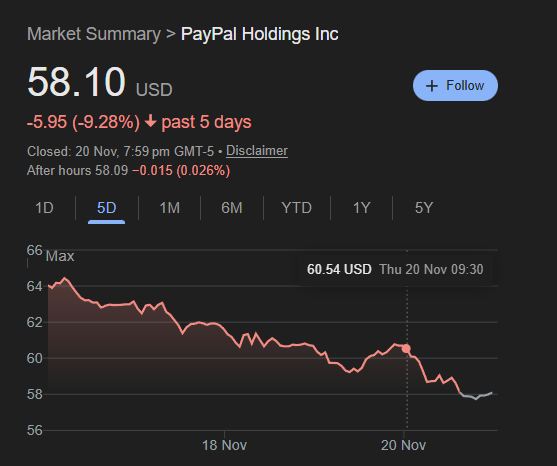The investor's bible.
By the father of value investing and mentor to Warren Buffett.
After reading all 725 pages, I was blown away.
Here are 18 timeless lessons you can apply to investing today:
By the father of value investing and mentor to Warren Buffett.
After reading all 725 pages, I was blown away.
Here are 18 timeless lessons you can apply to investing today:

1. Intrinsic value is not a fixed number
Do not rely on a precise number on a spreadsheet for a false sense of security.
It's usually a range based off your assumptions (of different scenarios).
And it is fluid and subject to change.
Do not rely on a precise number on a spreadsheet for a false sense of security.
It's usually a range based off your assumptions (of different scenarios).
And it is fluid and subject to change.

2. Earnings must be stable in order to determine valuation.
Because valuation is about forecasting the future.
When earnings fluctuate, especially when there is no moat, your valuation will be less reliable.
This means that companies in the early stage are tougher to value.
Because valuation is about forecasting the future.
When earnings fluctuate, especially when there is no moat, your valuation will be less reliable.
This means that companies in the early stage are tougher to value.

3. How can you apply security analysis on growth companies?
Great news! You don't need to find an exact value for the stock.
If you apply conservative assumptions and still get a number below the current stock price.
It's still a smart investment.
Great news! You don't need to find an exact value for the stock.
If you apply conservative assumptions and still get a number below the current stock price.
It's still a smart investment.

4. Carve this in your head: You don't need a specific number for valuation
You just need to know if it's a good deal at the current price that Mr. Market is serving up to you!
Like what Buffett says: "The best investment ideas should hit you over the head with a baseball bat."
You just need to know if it's a good deal at the current price that Mr. Market is serving up to you!
Like what Buffett says: "The best investment ideas should hit you over the head with a baseball bat."

5. The past is ONLY predictive of the future when the company is stable
The less stable the business model, the less reliable your valuation.
This doesn't mean you ignore valuation.
It means you should be conservative with your assumptions.
The less stable the business model, the less reliable your valuation.
This doesn't mean you ignore valuation.
It means you should be conservative with your assumptions.

6. Less well-known stocks pose a problem
There'll always be gems in lesser known stocks or microcaps.
But the market may take a longer time (or never) realize the value given the information obscurity or lack of coverage.
There'll always be gems in lesser known stocks or microcaps.
But the market may take a longer time (or never) realize the value given the information obscurity or lack of coverage.

7. Mean reversion happens to most companies.
There're outliers of course. High quality businesses that defy the law of mean reversion.
But most companies revert to the mean.
Also, don't buy a stock just because the industry is in an uptrend.
It might have bad economics.
There're outliers of course. High quality businesses that defy the law of mean reversion.
But most companies revert to the mean.
Also, don't buy a stock just because the industry is in an uptrend.
It might have bad economics.

8. Investor vs Speculator
Investors make decisions based on fundamentals and the value of the business.
Speculators make decisions based on future expectations and the behavior of other participants.
Similar to the Keynesian beauty contest analogy.
Investors make decisions based on fundamentals and the value of the business.
Speculators make decisions based on future expectations and the behavior of other participants.
Similar to the Keynesian beauty contest analogy.

9. You factor in change not to profit from it, but to guard against it.
This is the biggest difference in mindset between growth and value investors.
But there's wisdom here.
Buy a stock that will do well even if the expected changes didn't happen.
This is the biggest difference in mindset between growth and value investors.
But there's wisdom here.
Buy a stock that will do well even if the expected changes didn't happen.

10. A company's stability should not only be measured by numbers, but also by its quality and traits
Focusing only on trends that seem consistent could lead to a false sense of stability.
Ask yourself:
"Will the nature of the customers needs and wants change drastically?"
Focusing only on trends that seem consistent could lead to a false sense of stability.
Ask yourself:
"Will the nature of the customers needs and wants change drastically?"

11. Think about what the asset can generate, not how much it can be sold for.
In this example, Graham was referring to dividends and income.
However, the essence remains the same.
You start thinking like an owner when you look at assets for what they can generate for you
In this example, Graham was referring to dividends and income.
However, the essence remains the same.
You start thinking like an owner when you look at assets for what they can generate for you

12. Definition of what it means to be a good investor.
a. Safety of principal
b. Satisfactory return
The nature of the asset you invest in doesn't make it safer than others i.e. bonds vs stocks.
It's always about price you pay.
a. Safety of principal
b. Satisfactory return
The nature of the asset you invest in doesn't make it safer than others i.e. bonds vs stocks.
It's always about price you pay.

13. Price paid is part of your due diligence
It's not just about buying good things.
It's about buying things well.
It's not just about buying good things.
It's about buying things well.

14. Stocks can be foolish investments if you pay too much for them
Once again shows you the wisdom of Graham and Dodd.
I's NEVER just a binary decision of quality vs numbers.
You must always consider both in your investment decision.
Once again shows you the wisdom of Graham and Dodd.
I's NEVER just a binary decision of quality vs numbers.
You must always consider both in your investment decision.

15. When you pay a high price for a business, you are investing in future growth.
If you're willing to hold for a long time, it's alright.
However, you must be aware of what you are paying for.
Good investing should be viewed as buying a private business.
If you're willing to hold for a long time, it's alright.
However, you must be aware of what you are paying for.
Good investing should be viewed as buying a private business.

16. Questions to help you think like a private business buyer:
How much money must I put up?
How much cash will I get back, and how fast?
Graham then asks:
"Why should investors in publicly traded stocks ask different questions?"
Good to chew on this.
How much money must I put up?
How much cash will I get back, and how fast?
Graham then asks:
"Why should investors in publicly traded stocks ask different questions?"
Good to chew on this.

17. You have to make a judgment call in your valuations
This, to me, is what makes Graham a wise guy.
All the criticisms about Graham being old school is untrue.
He mentioned - you have to also consider recent changes in the business.
And decide which to prioritize.
This, to me, is what makes Graham a wise guy.
All the criticisms about Graham being old school is untrue.
He mentioned - you have to also consider recent changes in the business.
And decide which to prioritize.

18. It's always more than just the latest earnings result.
It's the history of the company & what they've built.
A company is not expensive just because its recent earnings fall off a cliff and the PE shoots up.
Look further back before you conclude.
It's the history of the company & what they've built.
A company is not expensive just because its recent earnings fall off a cliff and the PE shoots up.
Look further back before you conclude.

And that's a wrap!
If you enjoyed this thread:
1. Follow me @steadycompound & give this a RT!
2. Join 10k+ subscribers inside of my newsletter.
I share about investing, business breakdowns & timeless lessons from super investors.
steadycompounding.com/subscribe/
If you enjoyed this thread:
1. Follow me @steadycompound & give this a RT!
2. Join 10k+ subscribers inside of my newsletter.
I share about investing, business breakdowns & timeless lessons from super investors.
steadycompounding.com/subscribe/
Looking for more?
Check out Ben Graham's disciple - Warren Buffett's essays.
Summarize in this thread here.
And oh, I've prepared an investing checklist based on Buffett's investing philosophy.
Download it for FREE: steadycompounding.com/buffett-checkl…
Check out Ben Graham's disciple - Warren Buffett's essays.
Summarize in this thread here.
And oh, I've prepared an investing checklist based on Buffett's investing philosophy.
Download it for FREE: steadycompounding.com/buffett-checkl…
https://twitter.com/SteadyCompound/status/1477401315877822476
• • •
Missing some Tweet in this thread? You can try to
force a refresh


